Keir Starmer offers US tech giants a shiny new tax cut in exchange for Donald Trump not turning his tariff tantrum into an all-out trade war. Because apparently, global economics is just like haggling at a flea market, except with more spreadsheets.
Let’s break it down, shall we? The UK government has decided to sweeten the pot by lowering its Digital Services Tax (DST). Why? Well, because Uncle Sam doesn’t like paying extra fees any more than you liked sharing your Halloween candy as a kid.
This clever move aims to keep Big Tech happy while simultaneously slapping smaller foreign companies with the same tax bill. It’s like inviting your rich friends over for dinner but making your cousins do the dishes afterward—it’s fair… if you squint really hard.
Of course, this whole scheme comes with a side of fiscal acrobatics. You see, scrapping the DST entirely would leave a gaping £800 million hole in Britain’s piggy bank, which isn’t ideal when your finances are already tighter than those skinny jeans you bought five years ago.
Meanwhile, across the pond, Trump is busy sharpening his tariff pencils, ready to scribble “25%” on every car imported from the UK. And just like that, 25,000 British jobs are now hanging by a thread thinner than the plot of a reality TV show.
Speaking of Trump, he’s planning a grand unveiling of his tariffs in the White House Rose Garden—a setting so picturesque it almost makes you forget you’re about to get economically smacked around.
On “Liberation Day” (a name only mildly ironic), Trump will announce tariffs targeting rival economies worldwide. Whether these tariffs will be uniform or tailored like bespoke suits remains anyone’s guess. What we do know is that other countries will retaliate faster than your cat jumps off the couch during a thunderstorm. Everyone loves a good trade tiff, right?
Meanwhile, back in Blighty, Downing Street is whispering sweet nothings to US negotiators, hoping to lock down a tech-focused trade deal before things escalate further. The UK’s proposal? Broaden the DST net to catch smaller companies too. Translation: More folks chipping in means fewer complaints from Washington about favoritism.
Genius—or maybe just desperate? Either way, Amazon, Meta, Alphabet, eBay, and Apple might finally breathe a sigh of relief as their 2% levy gets trimmed down. Elon Musk’s X probably paid up quietly, though who knows with that guy; he’s sneakier than a magician at a poker table.
And let’s not forget agriculture! Oh, how farmers love being dragged into international drama. The UK is reportedly cozying up to American beef, chicken, and other meats by lowering import tariffs.
Cue collective groans from British farmers, who are already miffed about recent inheritance tax changes. But fear not, animal lovers! Hormone-treated beef and chlorine-washed chicken remain firmly banned. Phew! At least there’s one red line that hasn’t been crossed… yet.
As ministers brace for impact, economists are waving warning flags like referees at a chaotic football match. Even if the UK dodges direct tariffs, the ripple effects of Trump’s trade wars could still wallop the economy.
One expert warns of impending budget cuts or tax hikes come autumn—a scenario scarier than finding out your Wi-Fi router needs resetting again. Another points out that higher trade barriers abroad will hurt demand, leaving British exports crying in the corner like forgotten leftovers.
Goldman Sachs, ever the optimist, has downgraded its UK growth forecast from 0.9% to 0.8%. Sure, it’s only a 0.1% drop, but in economist-speak, that’s practically Armageddon.
Meanwhile, think tanks are throwing shade left and right, suggesting that even avoiding tit-for-tat tariffs won’t save the UK from supply chain chaos and global slowdowns. It’s like trying to stay dry in a rainstorm while holding an umbrella made of Swiss cheese.
Finally, the Office for Budget Responsibility (OBR) chimed in with some cheery predictions of its own. If Trump keeps his 20-25% tariffs on the UK for five years, the chancellor’s carefully crafted fiscal headroom goes poof faster than your New Year’s resolutions. Of course, they were quick to add that such a scenario is “extreme.” Thanks for the reassurance, guys.






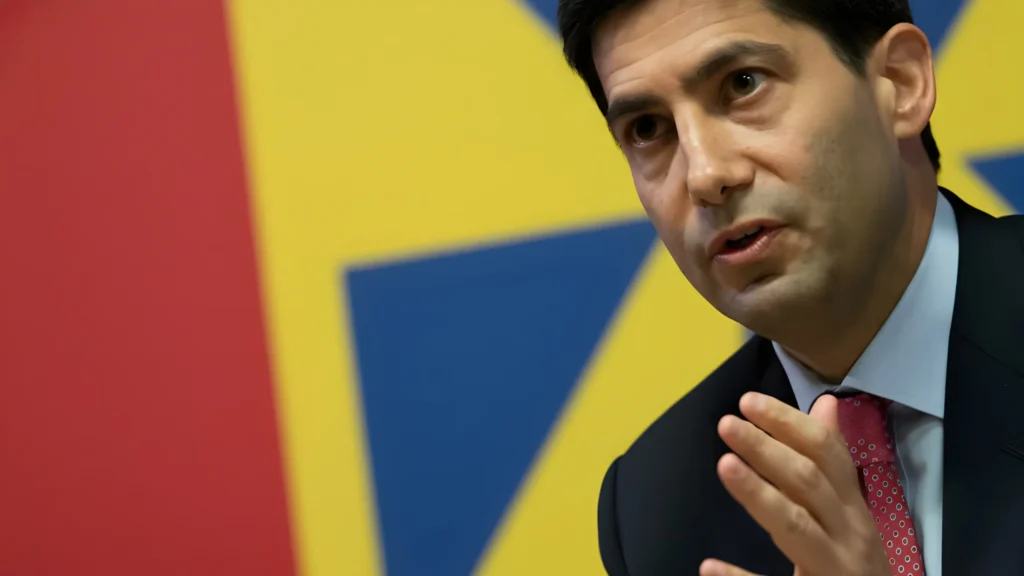
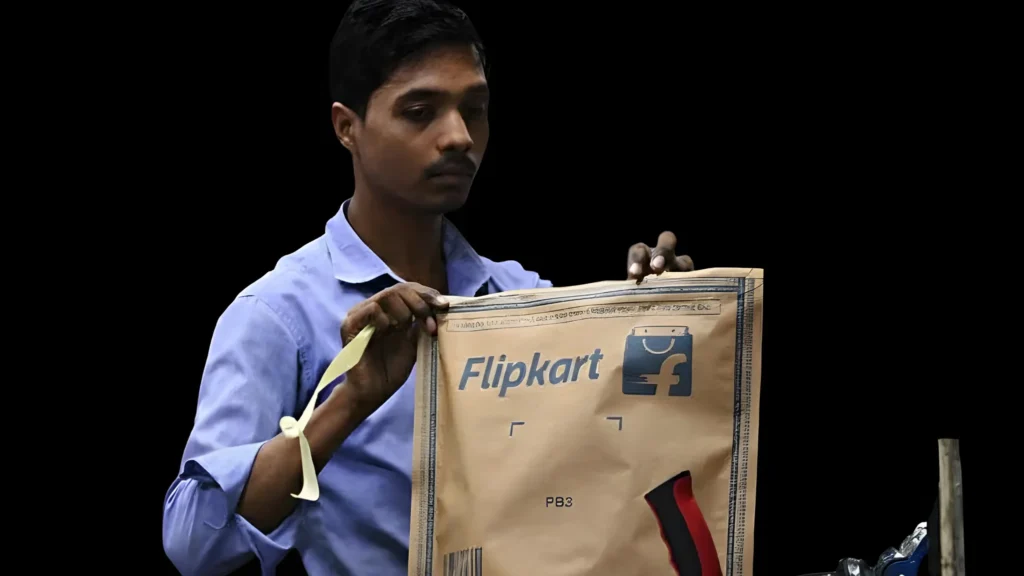
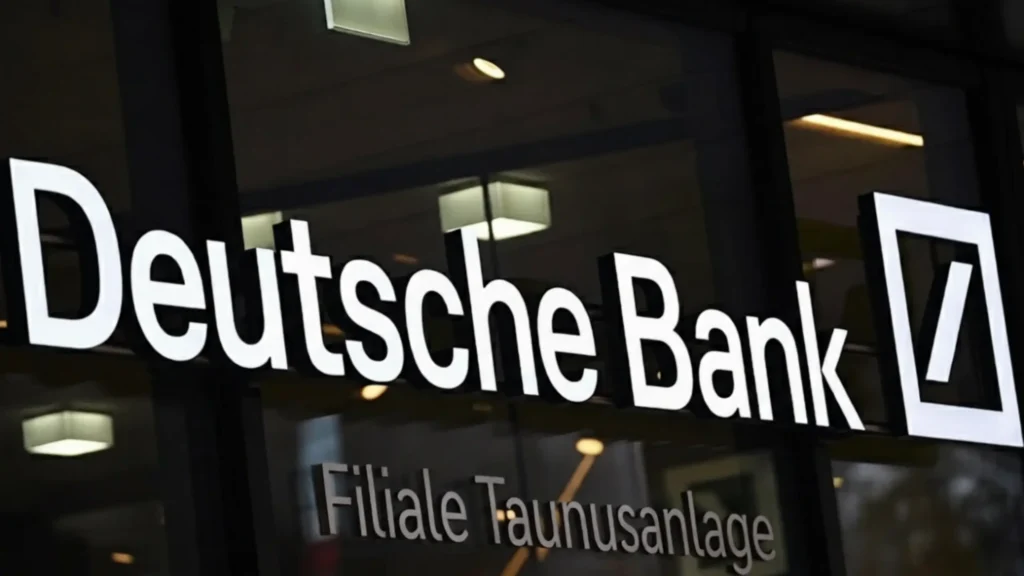
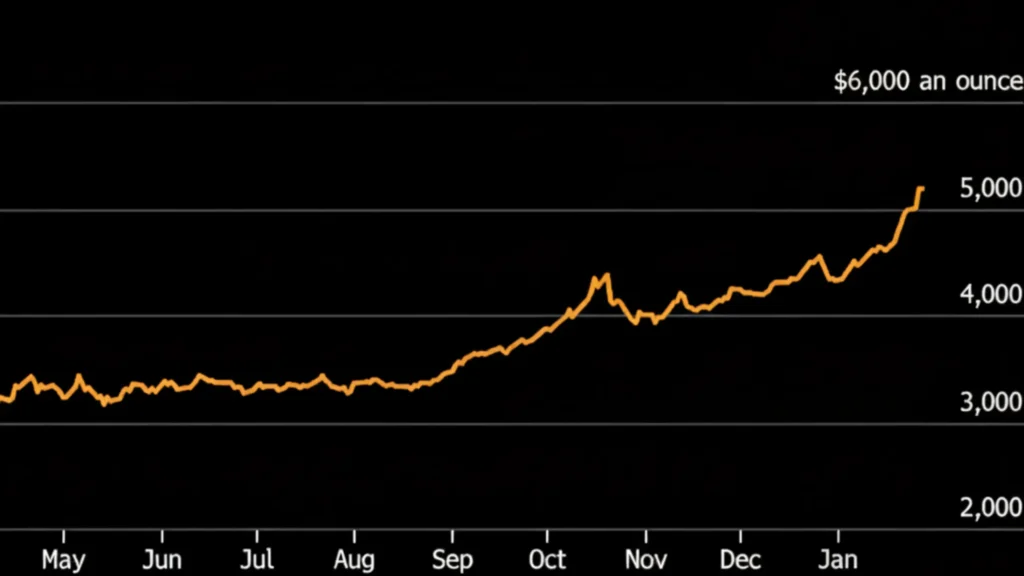
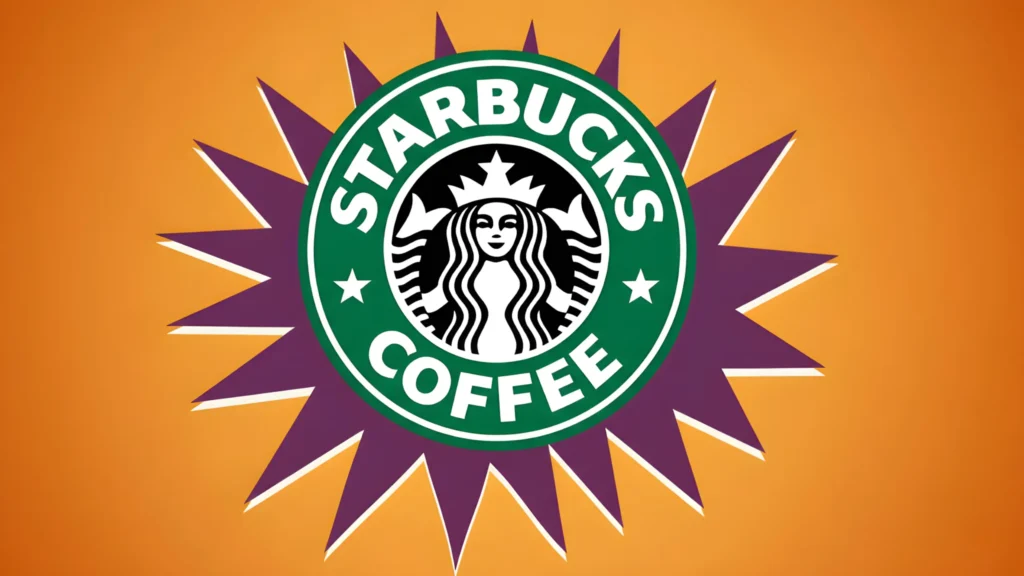
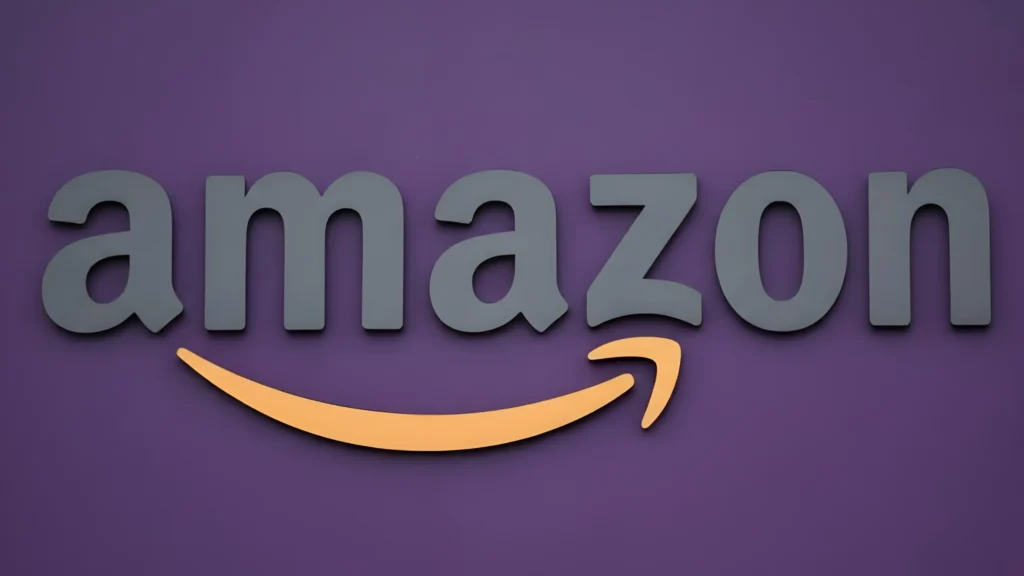
Leave a Reply